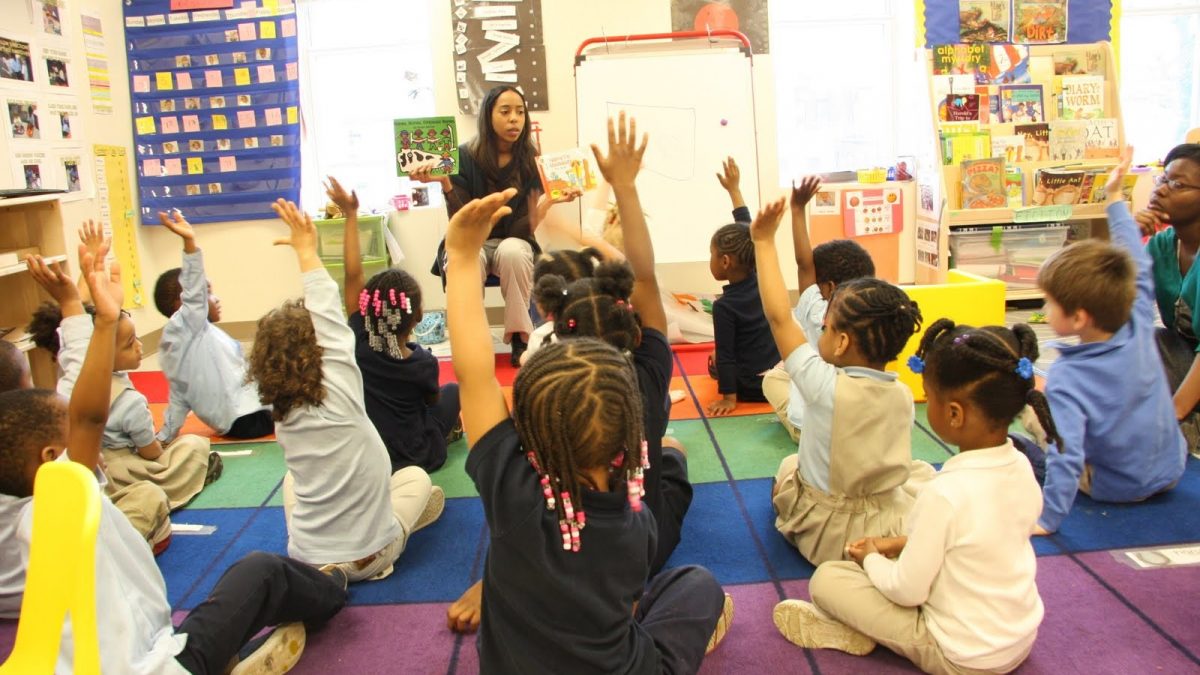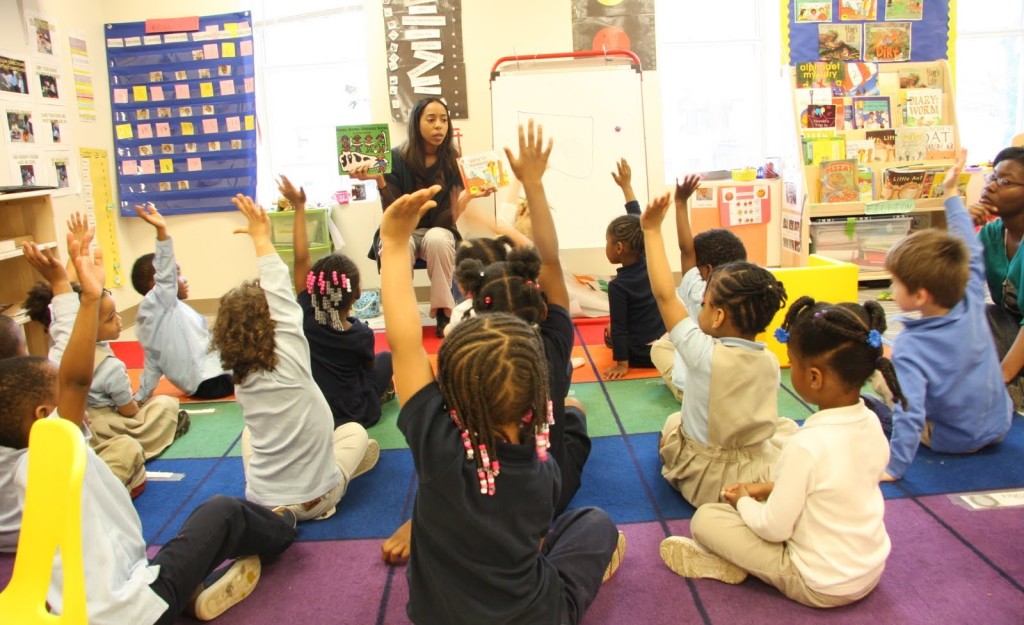Philly Pushes Forward With Pre-K Plan

Under Mayor Jim Kenney, Philadelphia is attempting to move forward with its big plan for universal pre-K education for the city’s 3- and 4-year-olds. The topic was a major campaign focus for Kenney, who promised that he could bring the plan to fruition. So far, however, attempts to do so are being thwarted by budgetary concerns.

Under Mayor Kinney’s plan, all 3- and 4-year-olds in the city would have access to high-quality, affordable pre-K.
Back in May of last year, voters overwhelmingly (by 80 percent) approved the creation of the Philadelphia Commission on Universal Pre-Kindergarten. The Commission’s assigned task is to propose a means by which all 3- and 4-year-olds, “regardless of need or neighborhood,” will be able to attain high-quality and affordable pre-K education. February saw a published draft from the Commission proposing ways to fund such a program, including money from federal Head Start, state-funded Pre-K Counts and local private funding. There hasn’t been a total number put forward on what universal pre-K might cost, but the Commission has estimated that, for each preschool child, costs would average about $13,000. This would be the cost to provide quality care for eight hours a day, 260 days out of the year.
As of right now, the city has managed to gather $60 million in state funding for the pre-K program. That’s enough to cover about 14,000 (or one-third) of Philadelphia’s 42,500 preschool-aged children. According to The Daily Pennsylvanian, “The Commission has asked the Penn Child Research Center, which includes Whitney LeBoeuf, research associate for the Graduate School of Education, to help them prioritize their funds.” LeBoeuf said that “We at the Penn Child Research Center have a whole wealth of research that shows some really big risk factors in early childhood. There are a whole host of experiences that greatly determine where kids are in their educational experiences later.” These factors include low birth weight, child maltreatment, lack of maternal education, and lead exposure.
The plan is to try and concentrate on areas of Philadelphia with the most children with some of these risk factors live, making them a priority in attaining pre-K education.
One method of funding that could possibly come through is Kenney’s proposed “soda tax,” which would levy a 3-cents-per-ounce tax on any sugary drink, including sports drinks and teas with sugar added.



